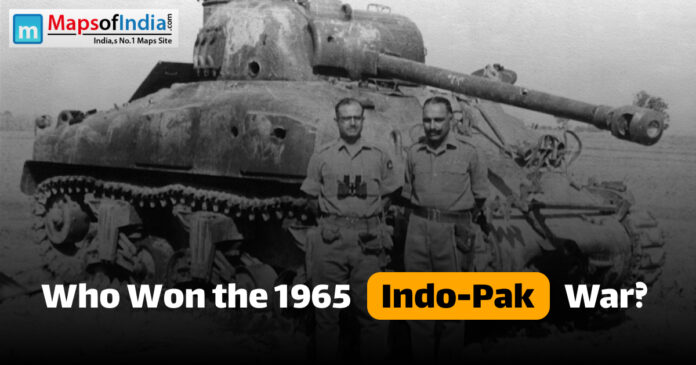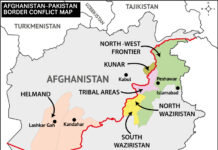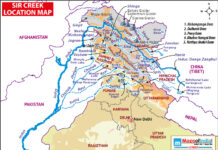
Although there was no clear winner of the 1965 Indo-Pak War, which raged between India and Pakistan from August to September of that year, India is generally regarded as having achieved both strategic and tactical success. Operation Gibraltar, a covert operation by Pakistan to infiltrate forces into Jammu and Kashmir to incite rebellion, marked the beginning of the conflict. India’s full-scale military response escalated the conflict on the western front.
Despite claims of success from both nations, India is normally viewed as having won. In addition to casting huge offensives into Pakistan’s Punjab region and successfully repelling the Pakistani infiltration in Kashmir, Indian forces also took control of key locations like Haji Pir Pass and portions of the Lahore and Sialkot sectors. Pakistan, on the other hand, suffered more military and territorial losses and was unable to achieve its preliminary goal of seizing Kashmir.
When it came to service occupation, India had about 1,500 square leagues of territory in Pakistan at the end of the war, while Pakistan had gained roughly 500 square miles. Also, because it began the war, Pakistan’s army experienced a plunge in confidence and multinational credit.
Politically, both flanks predicted victory, but from a service standpoint, India won the battle because Pakistan’s strategic goals were not met, and its service reaction was flourishing. The battle also established the foundation for upcoming military and diplomatic plans in South Asia and highlighted the sense of conventional force parity.
India is, therefore, generally considered the de facto winner of the war, even though it ended in a ceasefire.



